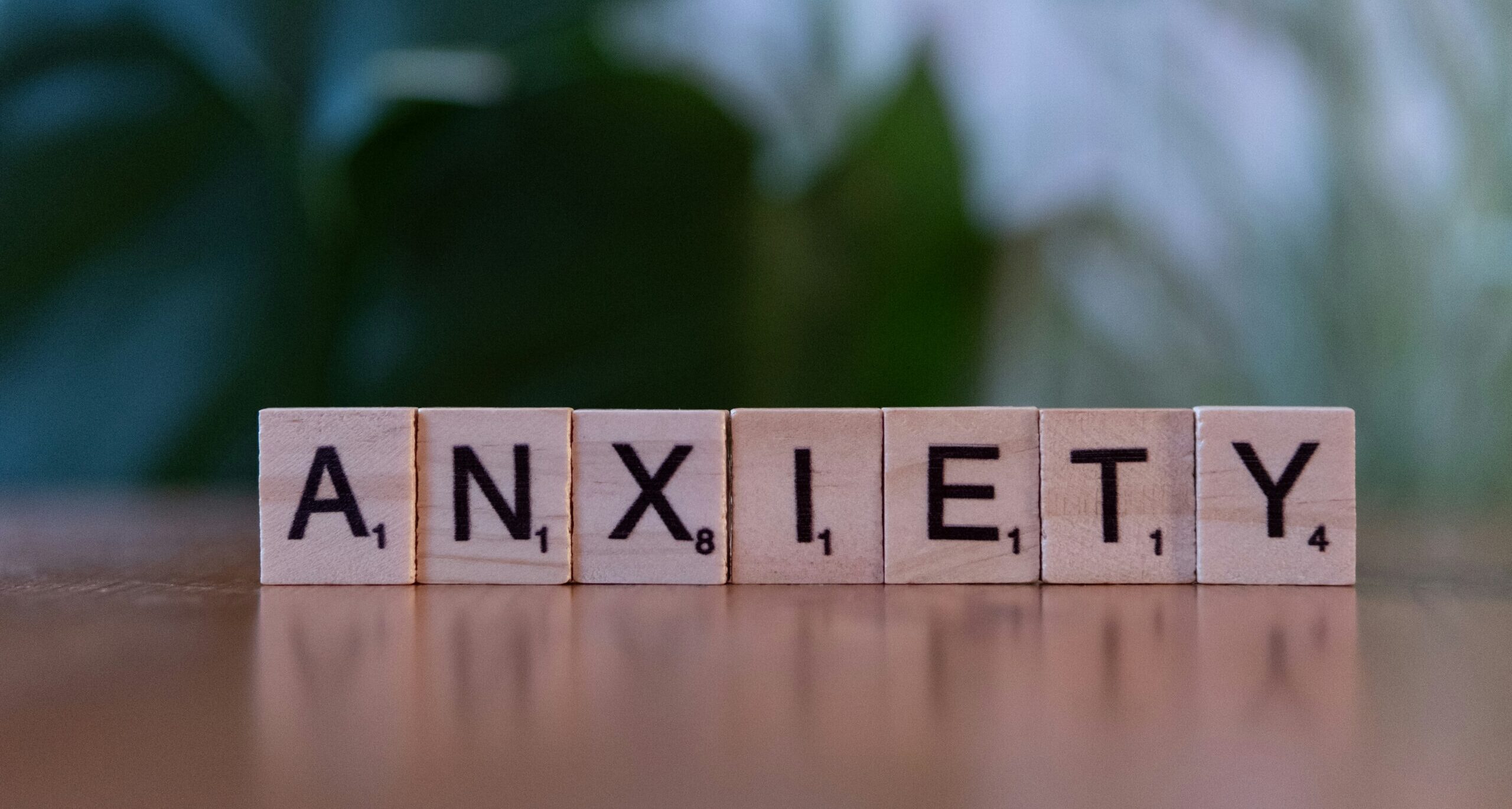Anxiety and Self-Care: Building a Personalized Toolkit for Emotional Well-being

Anxiety is a normal part of life, but when it becomes overwhelming, it can interfere with our daily activities, relationships, and overall sense of peace. However, managing anxiety starts with understanding its impact and then building a personalized self-care toolkit that nurtures emotional well-being. Here’s what to know.
The Impact of Anxiety on Daily Life
Anxiety can affect every aspect of a person’s life. It may cause racing thoughts, difficulty concentrating, sleep disturbances, irritability, and physical symptoms such as muscle tension or stomach issues. Over time, unmanaged anxiety can lead to chronic stress, burnout, and even depression. It can strain relationships, affect job performance, and create a cycle where fears and worries seem impossible to break.
When anxiety controls your days, it’s easy to feel powerless. However, self-care practices can offer an essential foundation for managing symptoms and reclaiming your sense of control and peace.
Why Self-Care Is Essential for Managing Anxiety
Self-care isn’t just about relaxation; it’s an intentional commitment to supporting your mental, emotional, and physical health. When dealing with anxiety, practicing self-care can help stabilize emotions, reduce physical tension, and foster a greater sense of resilience.
Think of self-care as preventive maintenance for your emotional well-being. It helps you manage the everyday stresses of life more effectively and strengthens your ability to cope when anxiety spikes.
7 Steps to Build Your Personal Self-Care Toolkit
Everyone’s journey with anxiety is different, which means your self-care toolkit should be personalized to fit your unique needs. Some strategies to consider include:
1. Prioritize Rest and Sleep
Getting enough restorative sleep is critical. Develop a calming bedtime routine, limit screen time before bed, and aim for 7–9 hours of sleep each night. Sleep restores both body and mind, making it easier to handle stress.
2. Practice Mindfulness and Meditation
Mindfulness exercises, such as deep breathing, guided imagery, and meditation, can help ground you in the present moment. Even five minutes a day can reduce anxious thoughts and promote calm.
3. Stay Active
Exercise is a powerful anxiety reducer. It boosts endorphins, lowers cortisol (the stress hormone), and improves sleep. Find an activity you enjoy, whether it’s walking, yoga, dancing, or swimming, and make it a regular part of your routine.
4. Nourish Your Body
What you eat impacts how you feel. Focus on balanced meals with plenty of fruits, vegetables, lean proteins, and whole grains. Avoid excessive caffeine, sugar, and alcohol, which can exacerbate anxiety symptoms.
5. Connect with Others
Social connection provides a strong buffer against anxiety. Reach out to trusted friends or family members, join a support group, or engage in community activities that foster belonging and support.
6. Engage in Joyful Activities
Make time for hobbies and activities that bring you happiness. Creative pursuits, reading, gardening, or spending time outdoors can provide a welcome break from anxious thoughts.
7. Set Healthy Boundaries
Learn to say no when needed and protect your time and energy. Overcommitting can heighten anxiety; setting limits ensures you have space to care for yourself.
When Professional Help is Needed
While self-care is a powerful tool, sometimes anxiety requires more structured support. If you notice any of the following signs, it may be time to seek professional anxiety therapy:
- Anxiety interferes with your work, relationships, or daily activities
- You experience frequent panic attacks
- You feel unable to manage your worries or fears
- Physical symptoms (such as chest pain or digestive issues) are persistent
- You are avoiding social situations, work, or other responsibilities
- Anxiety is leading to feelings of hopelessness or depression
Recognizing the need for help is not a sign of weakness. It’s a brave and important step toward healing.
Find Relief from Anxiety at Journeys Counseling Center
At Journeys Counseling Center, we are committed to helping you manage anxiety and build a thriving life. Our compassionate therapists can help you explore the roots of your anxiety, develop personalized coping strategies, and support you in building a self-care toolkit that works for you.
You don’t have to face anxiety alone. If you’re ready to take the next step toward emotional well-being, contact Journeys Counseling Center today. Together, we can walk the path toward a more peaceful, empowered life.

